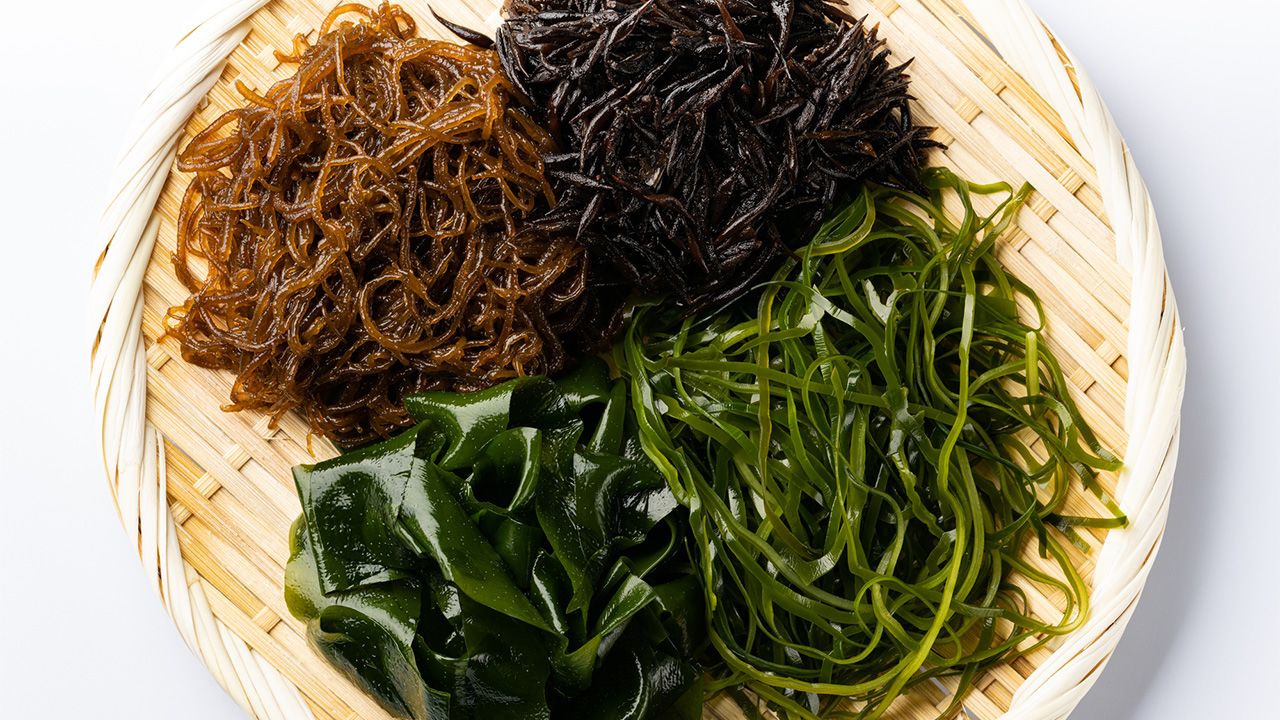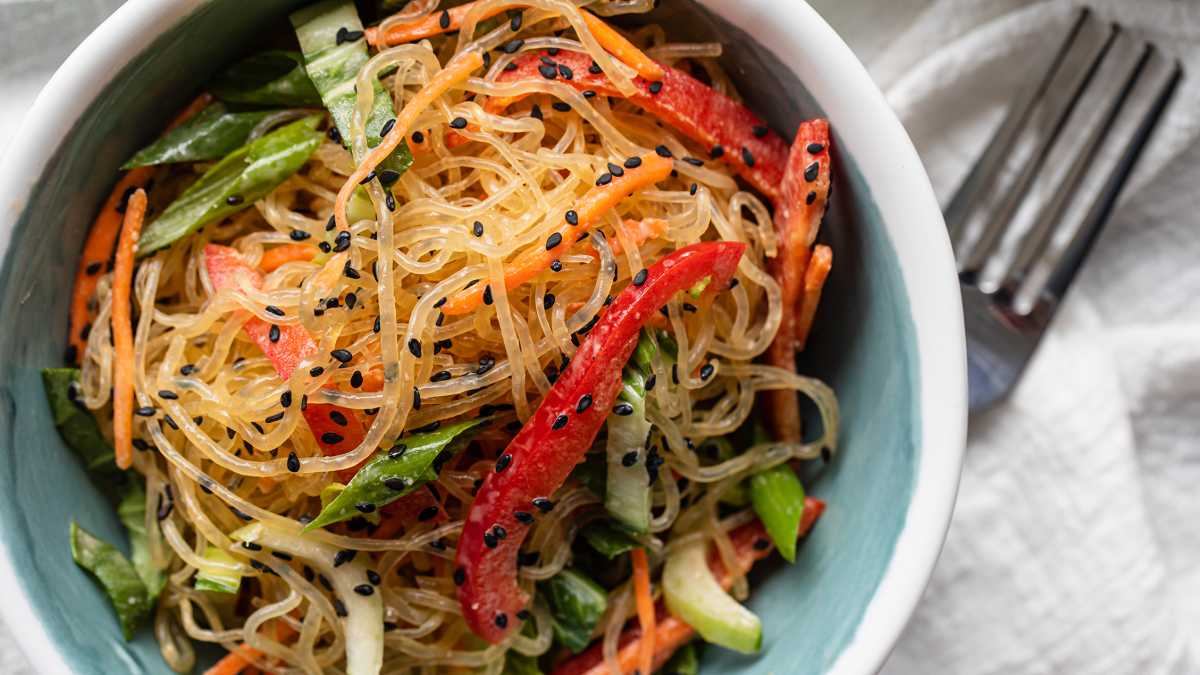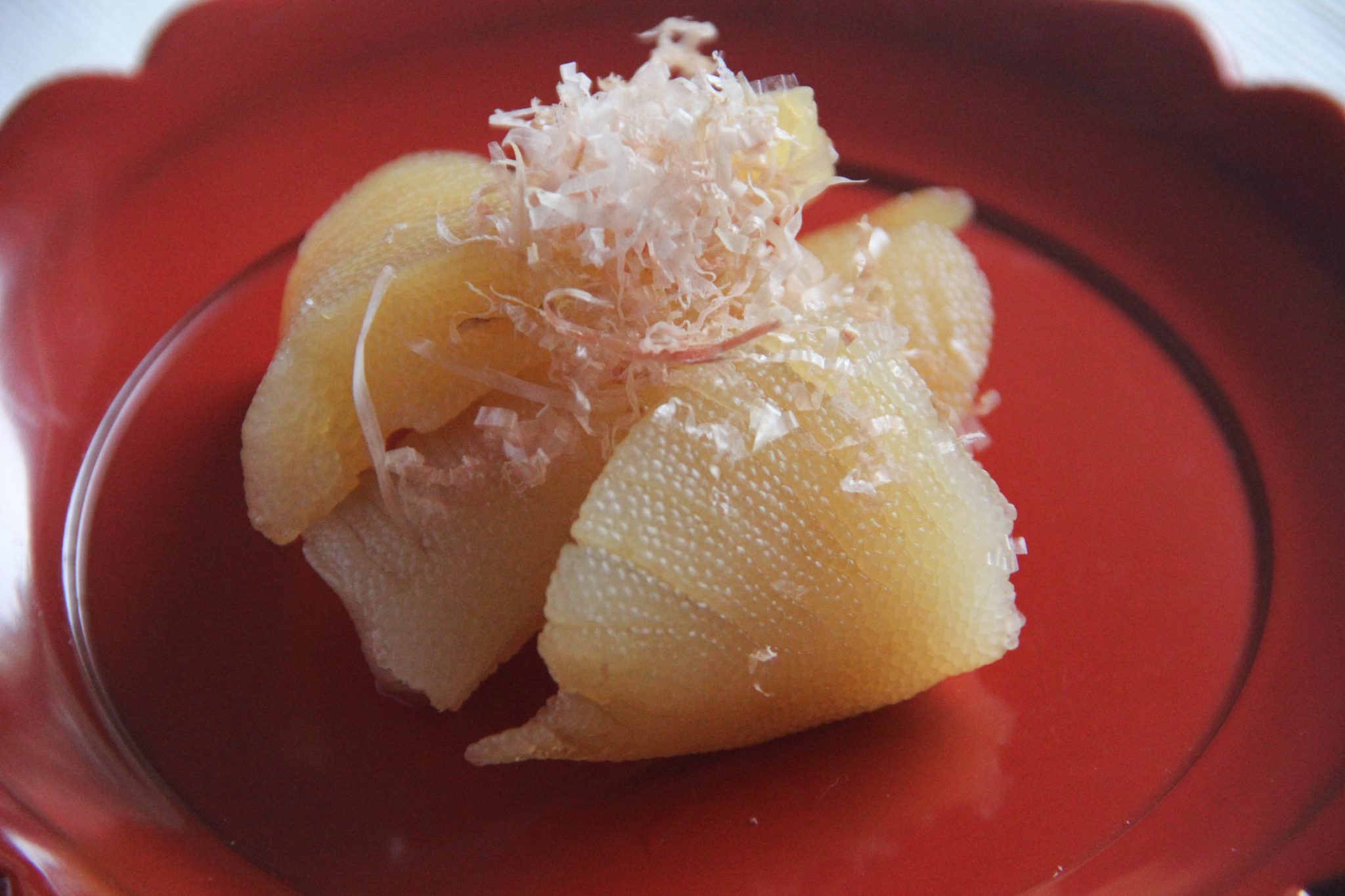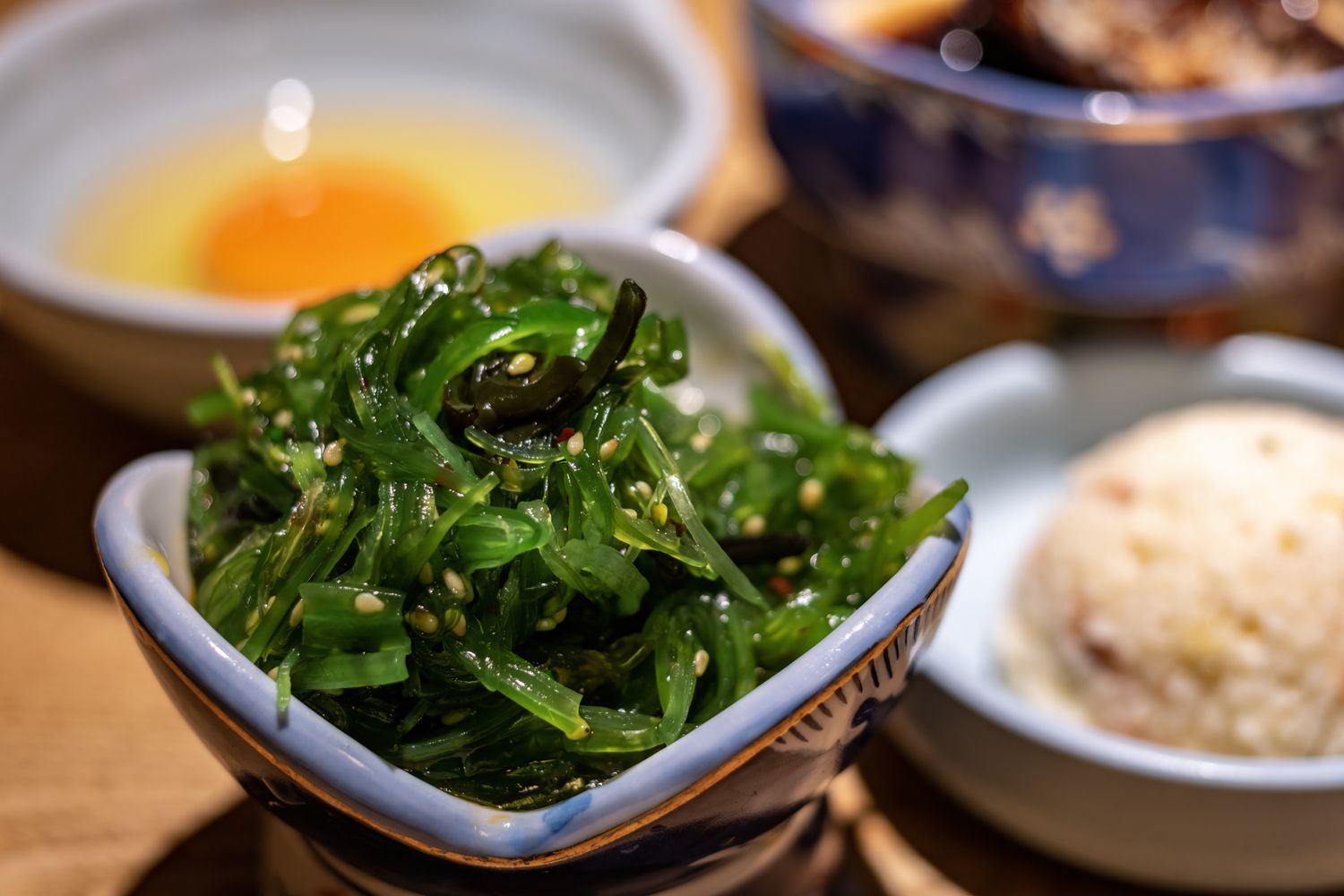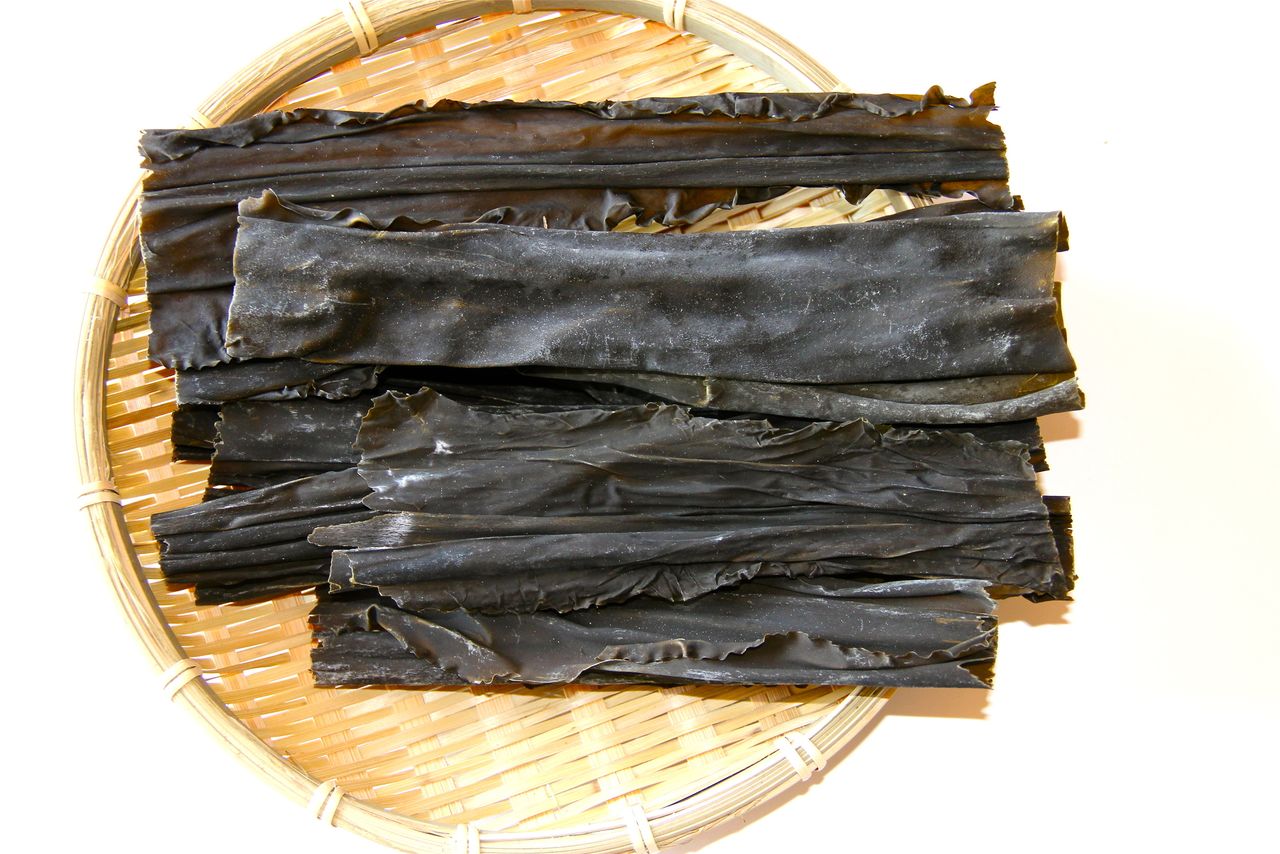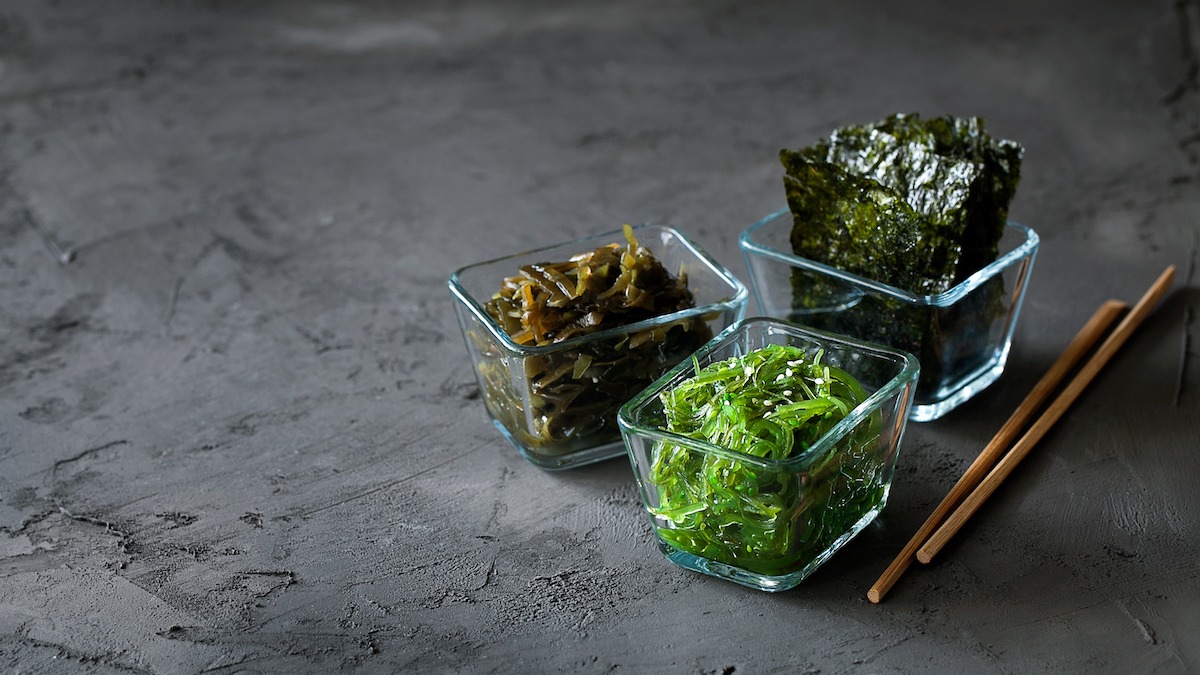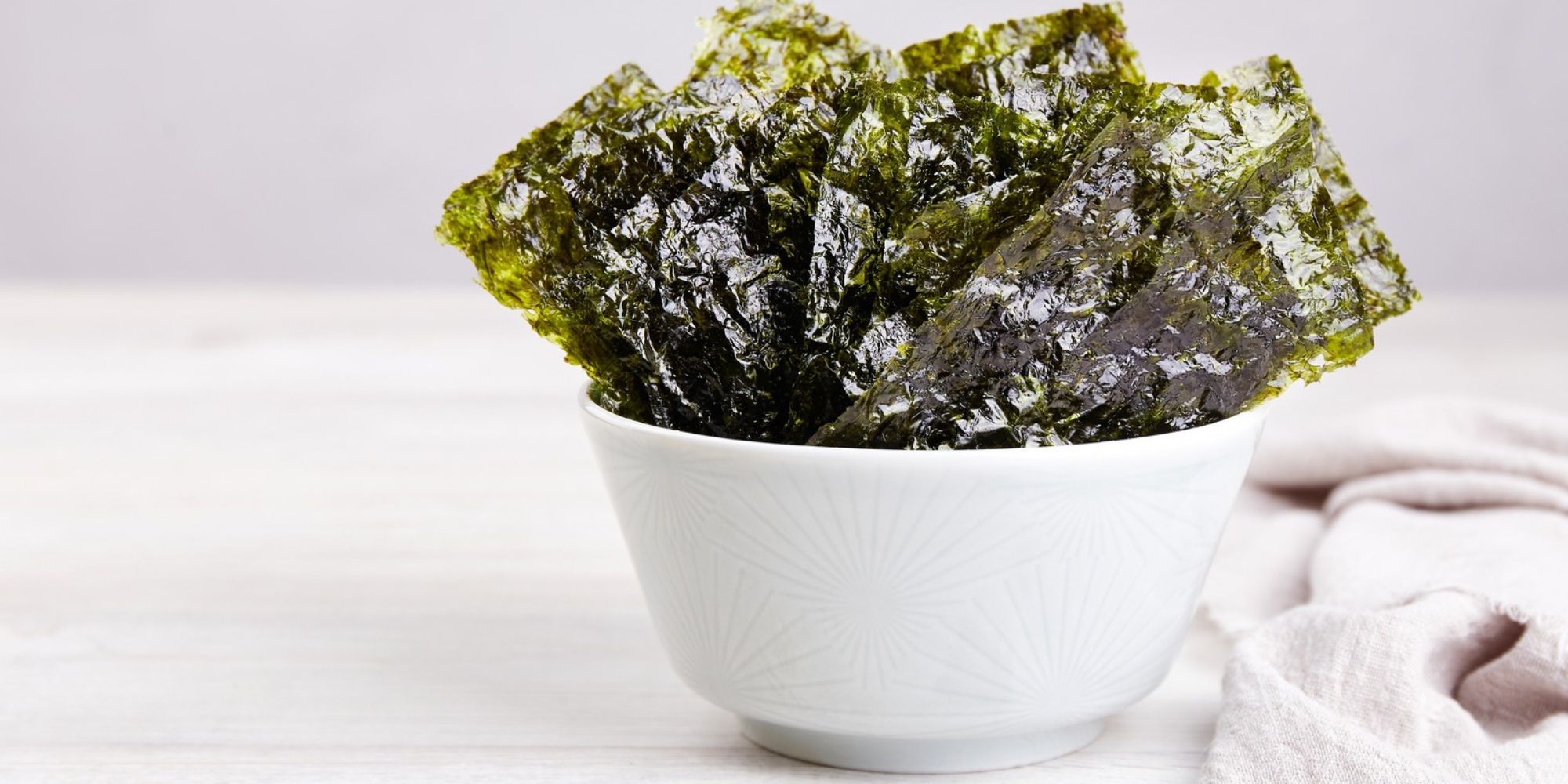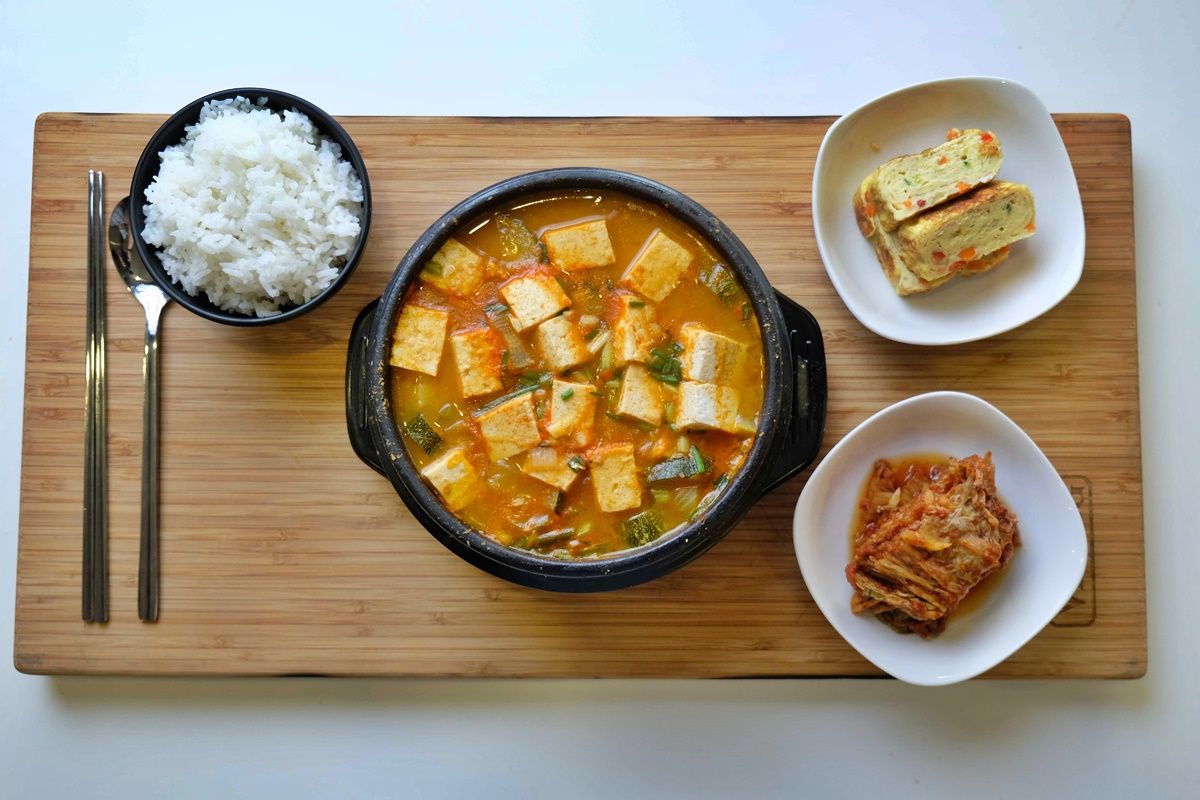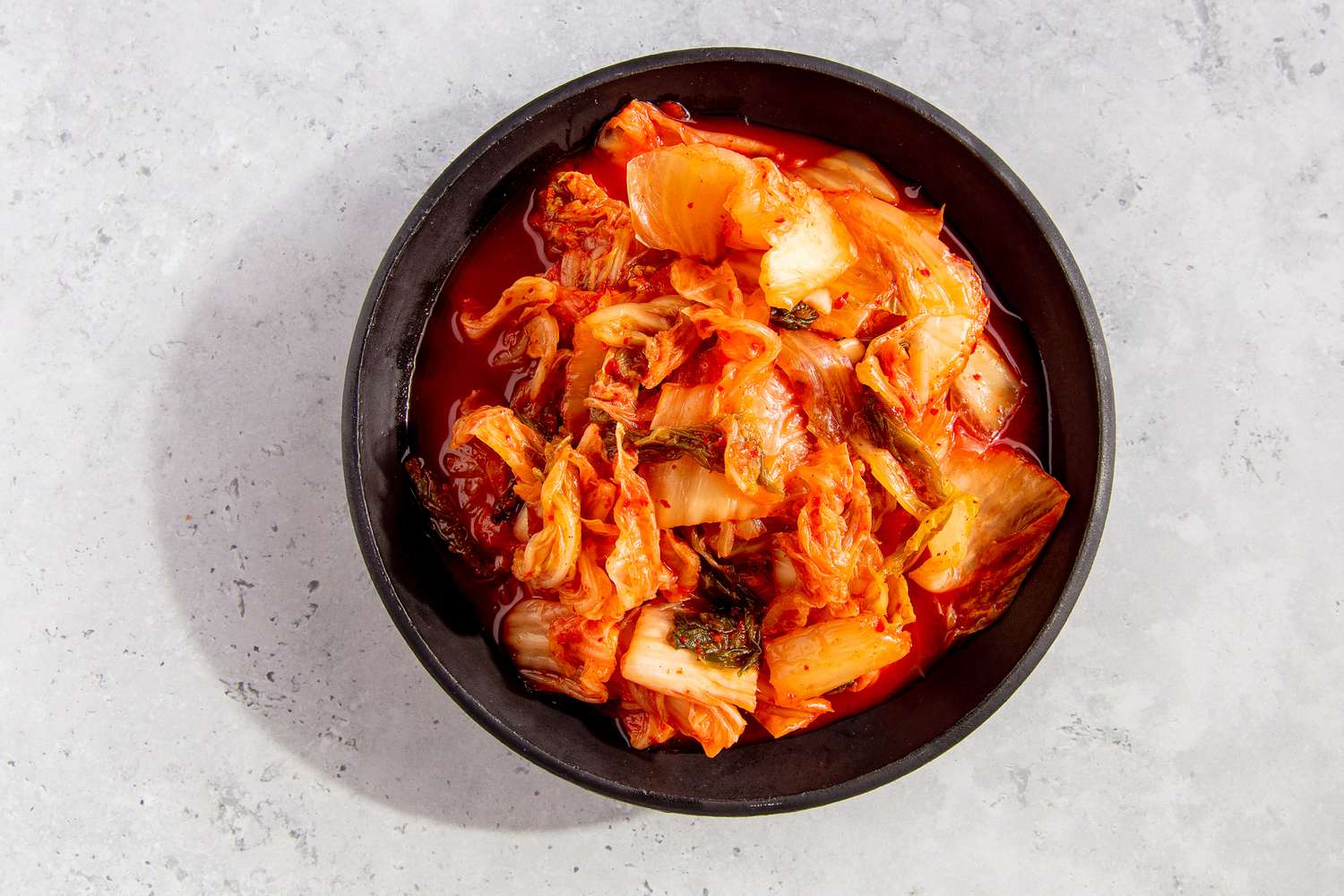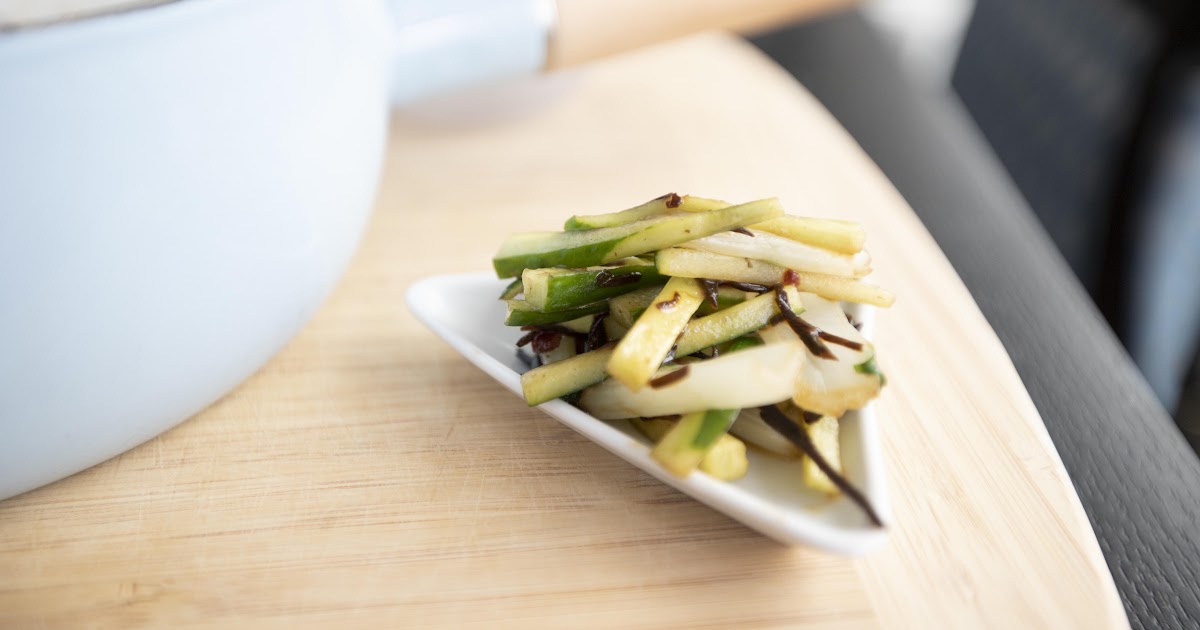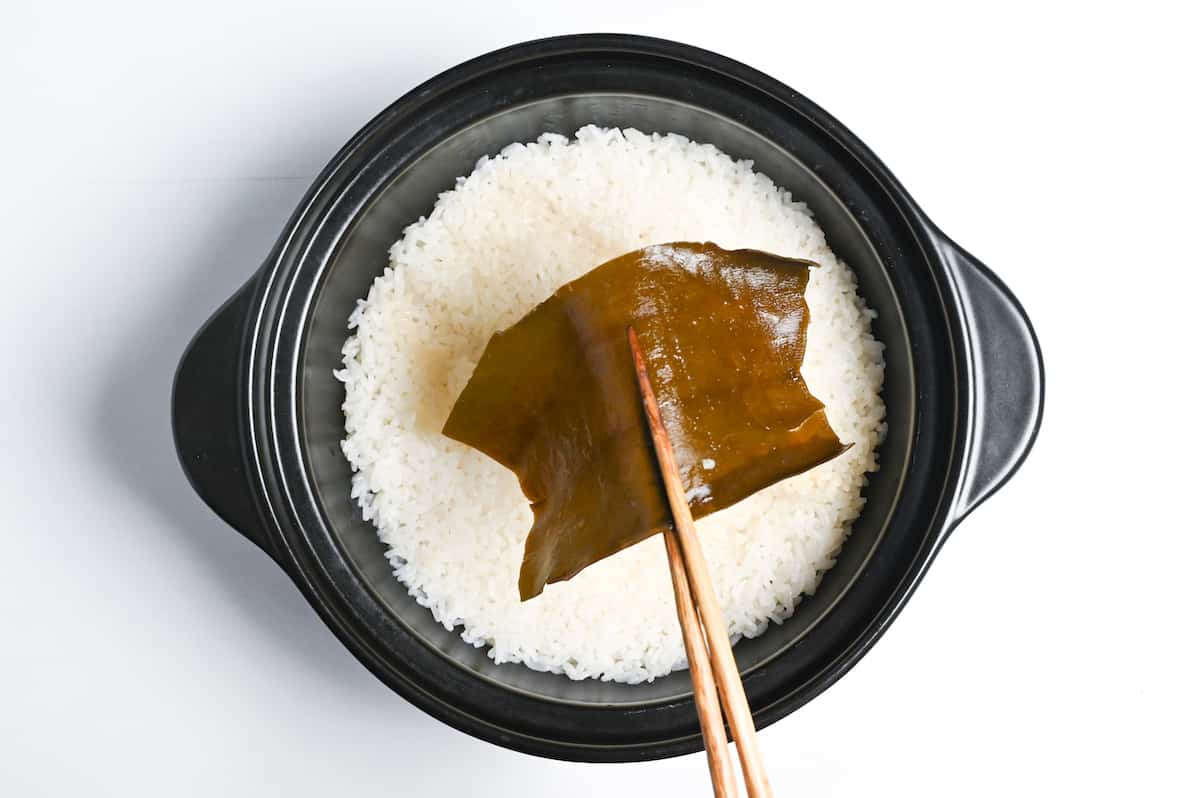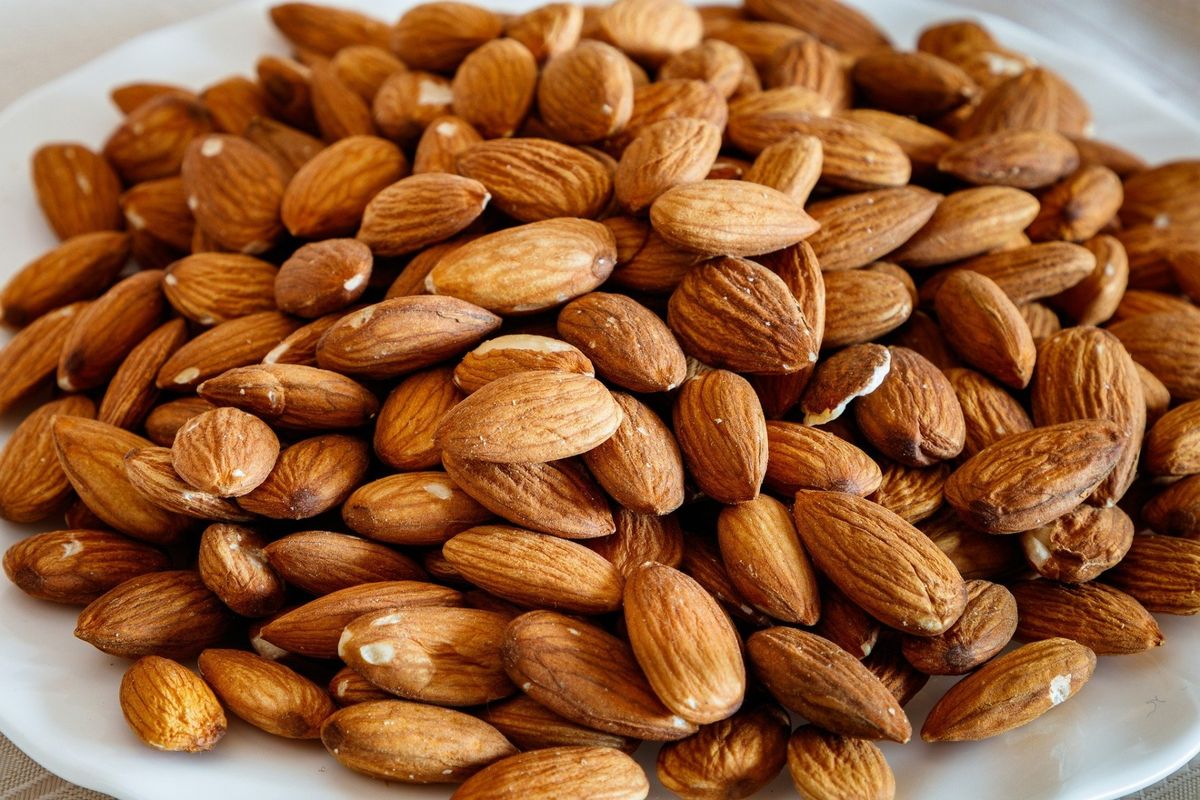Why You Should Eat Kelp Daily
When it comes to incorporating healthy foods into your daily diet, kelp is a fantastic option that often gets overlooked. Kelp is a type of seaweed that is packed with essential nutrients and offers a wide range of health benefits. From supporting thyroid function to providing a good source of iodine, kelp is a superfood that can easily be incorporated into your daily meals.
Ways to Enjoy Kelp Daily
Here are some creative and delicious ways to incorporate kelp into your daily diet:
- Kelp Salad: Create a refreshing salad by combining kelp with fresh vegetables, such as cucumbers, carrots, and bell peppers. Toss the salad with a light vinaigrette for a nutritious and satisfying meal.
- Kelp Smoothie: Add a handful of kelp to your favorite fruit smoothie for an added boost of vitamins and minerals. The natural saltiness of kelp pairs well with sweet fruits like bananas and berries.
- Kelp Snacks: Roast kelp strips in the oven with a sprinkle of sea salt for a crunchy and nutritious snack. These kelp chips are a great alternative to traditional potato chips.
- Kelp Wraps: Use kelp sheets as a substitute for traditional wraps or tortillas. Fill them with your favorite fillings, such as avocado, tofu, and crunchy vegetables, for a light and healthy meal.
The Health Benefits of Eating Kelp
Adding kelp to your daily diet can provide a wide range of health benefits, including:
- Rich in Iodine: Kelp is one of the best natural sources of iodine, which is essential for maintaining a healthy thyroid function. Including kelp in your diet can help support thyroid health and regulate metabolism.
- High in Nutrients: Kelp is packed with vitamins and minerals, including vitamin K, calcium, and iron. These nutrients are important for overall health and well-being.
- Supports Digestive Health: The fiber content in kelp can help support healthy digestion and prevent constipation. It also contains prebiotics, which can promote the growth of beneficial gut bacteria.
- May Aid Weight Loss: Some studies suggest that the fucoxanthin found in kelp may help promote weight loss by increasing fat metabolism.
How Much Kelp Should You Eat Daily?
While kelp offers numerous health benefits, it’s important to consume it in moderation. Excessive intake of iodine from kelp can have adverse effects on thyroid function. It’s recommended to consume no more than 150 micrograms of iodine per day from all sources, including kelp supplements and food.
Consulting with a healthcare professional or a registered dietitian can help you determine the appropriate amount of kelp to include in your daily diet based on your individual health needs.
In Conclusion
Adding kelp to your daily diet can be a simple and delicious way to boost your nutrient intake and support overall health. Whether you enjoy it in salads, smoothies, or as a crunchy snack, kelp offers a wide range of culinary possibilities. With its impressive nutritional profile and health benefits, kelp is definitely worth considering as a regular addition to your meals.
